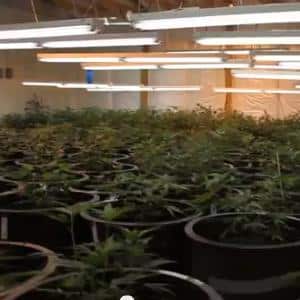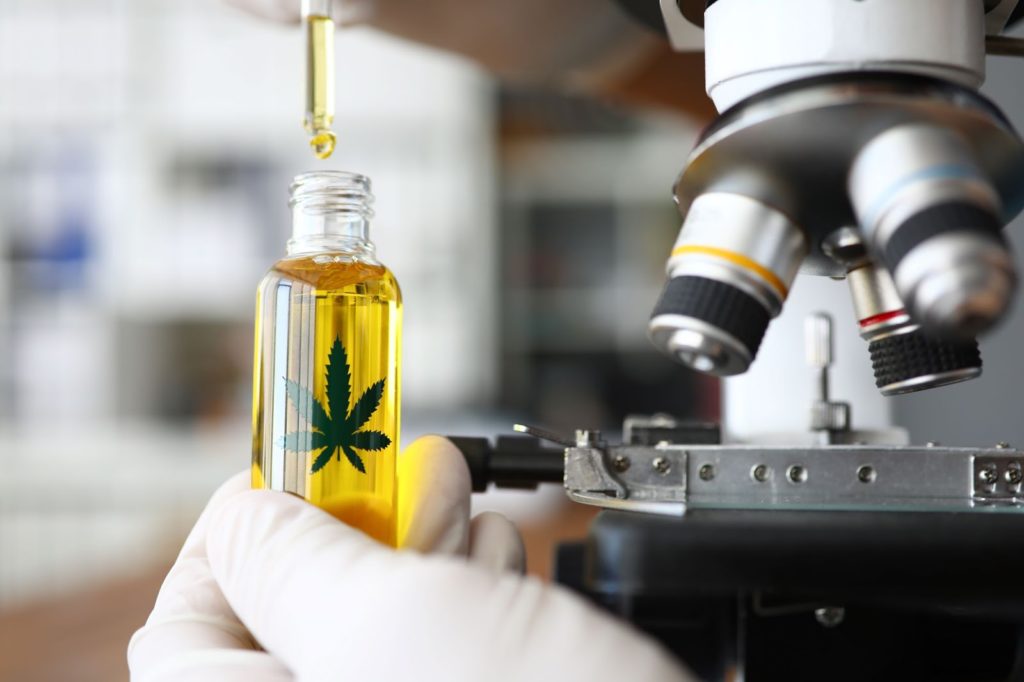I received an e-mail from TIME that discusses their new cover story about marijuana science. I figured I’d post it here for discussion. TIME is a very big media outlet, so this message will reach a lot of people outside of the marijuana world. Please place your thoughts in the comments section below the article:
This week’s cover of TIME investigates the world of pot science in the United States and reports on how legalization keeps rolling ahead in this country. Yet because of years of government roadblocks on research, we don’t know nearly enough about the dangers of marijuana—or the benefits. Highlights from the piece are below.
TIME’s Michael Scherer and Bruce Barcott – a journalist and author of the new book Weed the People: The Future of Legal Marijuana in America - write in the cover story: “The most common illicit drug on the planet and one of the fastest-growing industries in America, pot remains—surprisingly—
On pot research in the U.S., Scherer and Barcott write: “While American research on the potential harms from marijuana is booming, the U.S. continues to lag in funding investigations into the possible benefits. In the late 1990s, the U.S. and British governments commissioned separate studies of medical marijuana…. Both studies reached a similar conclusion: medical pot wasn’t a hippie’s delusion. The research showed that the stuff held real therapeutic potential for specific conditions, including epilepsy, chronic pain and glaucoma. The British responded by treating marijuana as a plant with biotech prospects…. The Americans, meanwhile, doubled down on the war on drugs…. The federal antipot policies resulted in a strange kind of scientific trade deficit. The U.S. leads the world in studies of marijuana’s harm, but we’re net importers of data dealing with its healing potential.”
They conclude: “The science of pot is likely to expand in the coming years, and it could boom if federal restrictions are lifted. What the government once dismissed as a communist plot that prompted murderous rages has turned out to be a window into the very workings of the human mind. In the years to come, researchers may yet find genetic markers that predispose people to pot-induced psychotic reactions, map out the specific ways in which THC changes the brain and find new medicines for some of the most intractable illnesses. Until then, the great marijuana experiment will continue in a country where 1 in 10 adults—and 35% of high school seniors—admit to conducting their own, mostly recreational, research.”
Jodi Gilman, a Harvard Medical School researcher who has been studying the brains of human marijuana users, tells TIME: “It has a whole host of effects on learning and cognition that other drugs don’t have…. It looks like the earlier you start, the bigger the effects.”
Read the full cover story here: https://ti.me/1A2M6SR
Source: Time.Com





